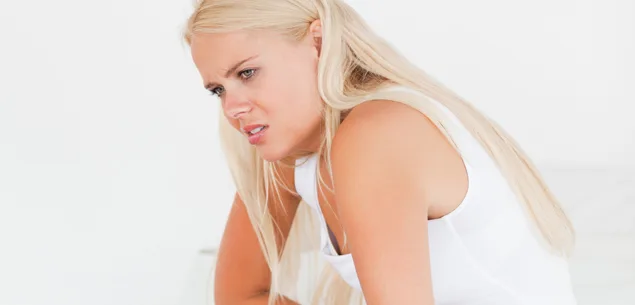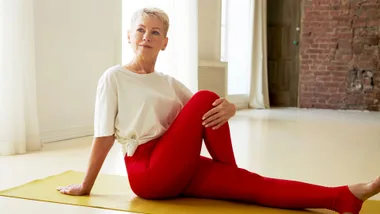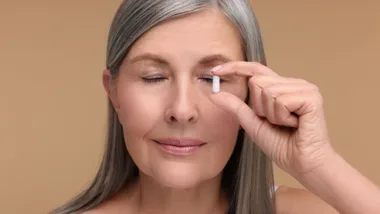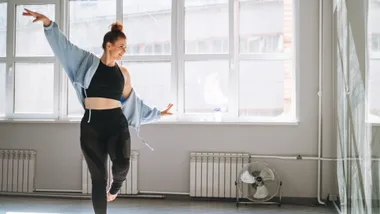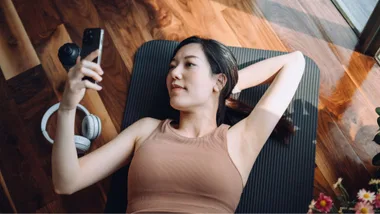1. Cystitis is an inflammation of the bladder usually caused by a bacterial infection. Sometimes it can occur as a reaction to certain drugs or irritants, such as deodorising spray. If bacteria is to blame the usual treatment is antibiotics. It needs to be treated because it can lead to serious problems, such as kidney damage, if the infection spreads.
2. You know you’ve got it when you need to go to the loo a lot more than usual and then experience burning sensations or pain when you urinate. Other symptoms include urine that is cloudy and strong-smelling and a feeling of pressure in your lower abdomen. You may also have a slight temperature.
3. Good toilet hygiene is important for avoiding cystitis. Always wipe your bottom from the front to the back direction.
4. Cystitis is sometimes referred to as “honeymoon cystitis” because it often occurs as the result of having sex. During intercourse bacteria can be moved from the genitals to the urethra and up to the bladder. One way of trying to avoid this is to go to the loo soon after having sex. Urinating can help to flush bacteria out of the urethra and bladder.
5. Making sure your bladder is as empty as possible every time you go to the loo may reduce your risk of getting cystitis. Lean back, not forward when you sit on the toilet as this will help to make sure your bladder empties. And don’t delay going to the toilet as “holding on” is not good.
More ways of avoiding cystitis
If you’re prone to recurring bladder infections have showers instead of baths.
Drink lots of water. Around two litres a day can help to flush bacteria from your body.
Drink cranberry juice, as it contains a substance that appears to help prevent bacteria from
sticking to the walls of the bladder, so you’re less likely to get an infection.
Avoid using deodorant sprays or other feminine hygiene products that can irritate the urethra.
If you’ve got cystitis drink plenty of fluids but avoid coffee, alcohol and soft drinks that contain caffeine, citrus juice and spicy foods until your infection is gone, as they can irritate your bladder even more.
A heated pad placed over your abdomen may help to ease the feeling of pressure on your bladder and surrounding areas.
